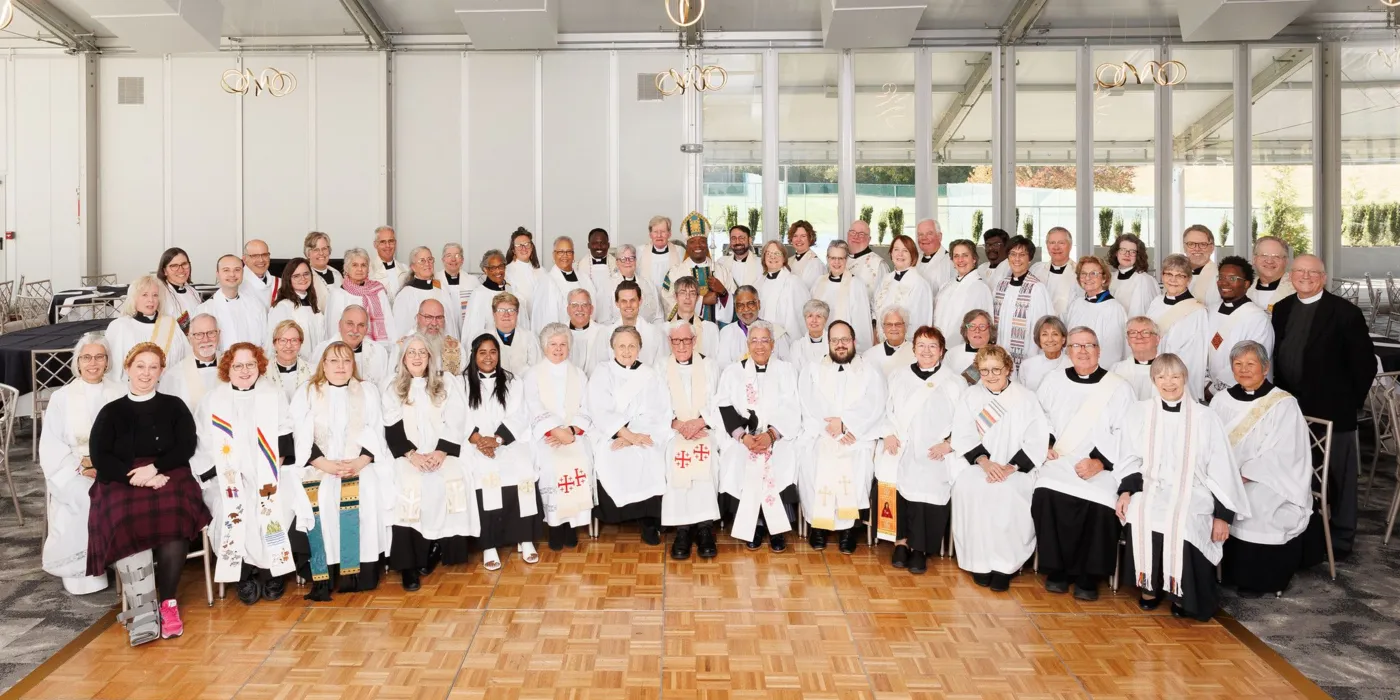The diaconate is deeply rooted in scripture from both the writings of the Old and New Testaments. The moral teachings for showing mercy and justice to all people and leading by word and example to love God and others as oneself are at the very core of the diaconate.
Scripture tells us that Jesus “sent” his followers to share the message of God’s love and to extend his work of healing in the world. This work is service, or in Greek, diakonia. In the New Testament, the word “service” or diakonia, is multifaceted for it relates to a wide range of service types pertaining to the ministry of the early Church that reached beyond acts of charity. The New Testament is full of examples of early “deacons” doing ministry, from the distribution of food to widows, spreading the word of God, preaching, and healing. And not to take away from these significant accounts of the first deacons and their ministries, however, the best image of diakonia as descripted in scripture prior to the Book of Acts. It comes from the Gospel of John, chapter 13, when on the last night with his friends, Jesus washes the disciples’ feet. Jesus’ own ministry was that of humble service to others. He came not to be served, but to serve. The one who “sent” others into the field of ministry, also “acted” because his love was that great and ran that deep.
The diaconate has undergone a myriad of changes over the centuries. There have been several waves of transformation that have influenced the renewal, growth and development of today’s diaconate. But what hasn’t changed is the fact that the diaconate is a ministry of service—but in taking that a step further, we are all sent to serve.
In the Constitutions and Canons of The Episcopal Church, Title III Canon 7 states that “deacons serve directly under the authority of and are accountable to the Bishop….” Deacons perform tasks as appointed by the diocesan bishop serving all people, with emphasis placed on society’s marginalized. We serve under the direction of the bishop and in partnership with parish priests. But ultimately, the ministry of the Church includes everyone—the laity, bishops, priests, and deacons.
The Catechism in the Book of Common Prayer outlines for us diakonia for the laity and the three orders of clergy. But most importantly, we are all called to be representatives of Christ and his Church in the perpetuation and extension of his work of healing in the world. Jesus’ voice still beckons us, sending us out to be servants, or agents of change in his name for the benefit and well-being of others with whom we share life in this earthly kingdom of God. We are all sent to serve the greater good for all of God’s creatures and creation.
-
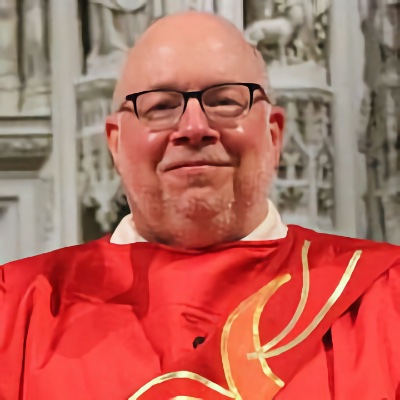 The Ven. Harry LeipArchdeacon (Diocesan) and Deacon, Trinity Episcopal Church, St. Louis
The Ven. Harry LeipArchdeacon (Diocesan) and Deacon, Trinity Episcopal Church, St. Louis -
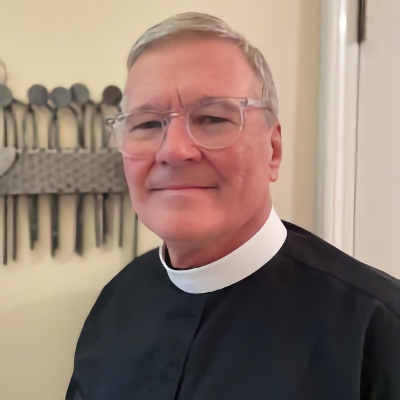 The Rev. Deacon Jerre BirdsongDeacon, St. Mark's Episcopal Church, St. Louis and Emmanuel Episcopal Church, Webster Groves
The Rev. Deacon Jerre BirdsongDeacon, St. Mark's Episcopal Church, St. Louis and Emmanuel Episcopal Church, Webster Groves -
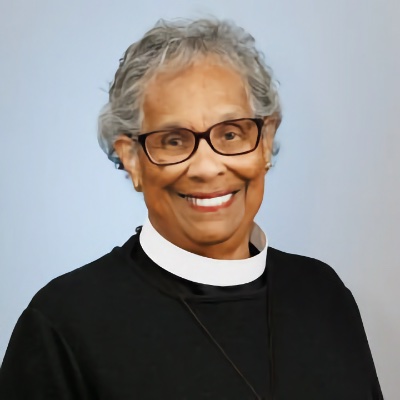 The Rev. Deacon Elizabeth (Betty) BowenRetired Deacon, Trinity Episcopal Church, St. Charles
The Rev. Deacon Elizabeth (Betty) BowenRetired Deacon, Trinity Episcopal Church, St. Charles -
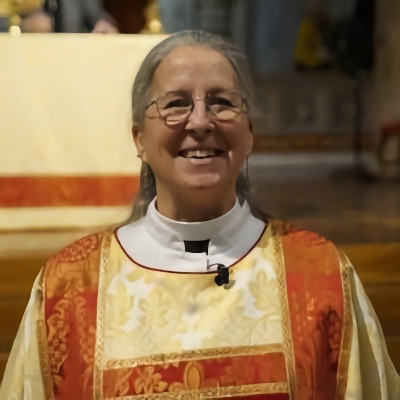 The Rev. Deacon Barbi ClickDeacon
The Rev. Deacon Barbi ClickDeacon -
 The Rev. Deacon Loretta GoBishop's Chaplain, Deacon at St. Stephen's and the Vine in Ferguson, and Missioner for Recovery Ministries
The Rev. Deacon Loretta GoBishop's Chaplain, Deacon at St. Stephen's and the Vine in Ferguson, and Missioner for Recovery Ministries -
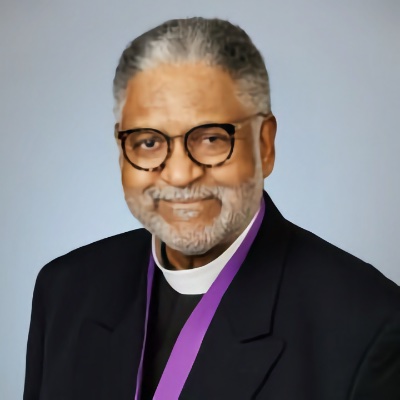 The Rev. Deacon Chester HinesDeacon, Episcopal Church of the Holy Communion, University City
The Rev. Deacon Chester HinesDeacon, Episcopal Church of the Holy Communion, University City -
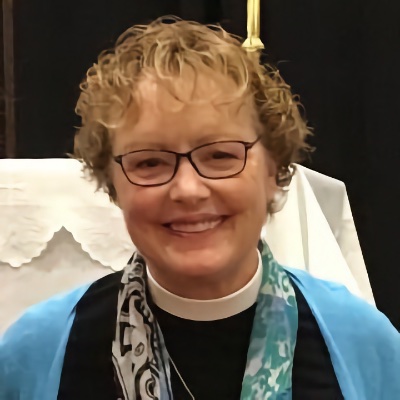 The Rev. Deacon Dayna JewsonDeacon, St. Timothy's Episcopal Church, Creve Coeur
The Rev. Deacon Dayna JewsonDeacon, St. Timothy's Episcopal Church, Creve Coeur -
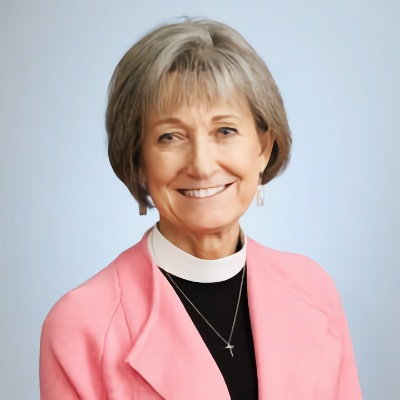 The Rev. Deacon Dr. Paula Kindrick HartsfieldDeacon, Grace Episcopal Church, Jefferson City
The Rev. Deacon Dr. Paula Kindrick HartsfieldDeacon, Grace Episcopal Church, Jefferson City -
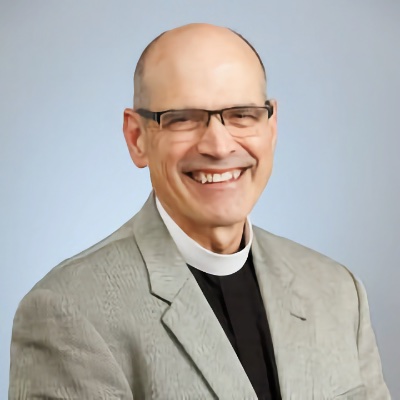 The Rev. Deacon David LuckesDeacon, St. Francis Episcopal Church, Eureka
The Rev. Deacon David LuckesDeacon, St. Francis Episcopal Church, Eureka -
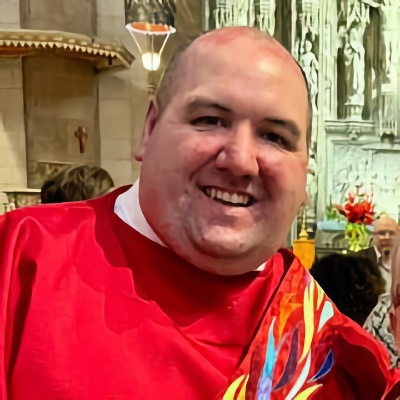 The Rev. Deacon Justin MartinDeacon, Christ Church Cathedral, St. Louis
The Rev. Deacon Justin MartinDeacon, Christ Church Cathedral, St. Louis -
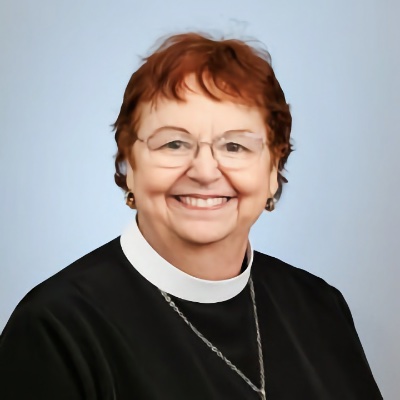 The Rev. Deacon Susan NaylorDeacon, St. Barnabas' Episcopal Church, Florissant
The Rev. Deacon Susan NaylorDeacon, St. Barnabas' Episcopal Church, Florissant -
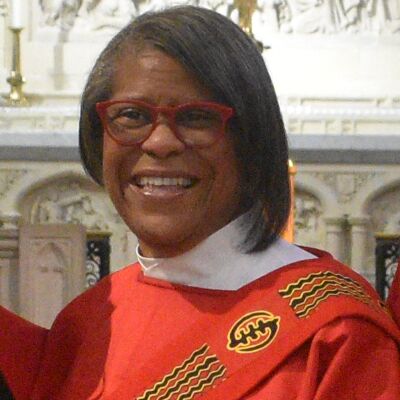 The Rev. Deacon Valerie PattonDeacon, The Episcopal Church of All Saints & Ascension, Northwoods and St. Peter's, Ladue
The Rev. Deacon Valerie PattonDeacon, The Episcopal Church of All Saints & Ascension, Northwoods and St. Peter's, Ladue -
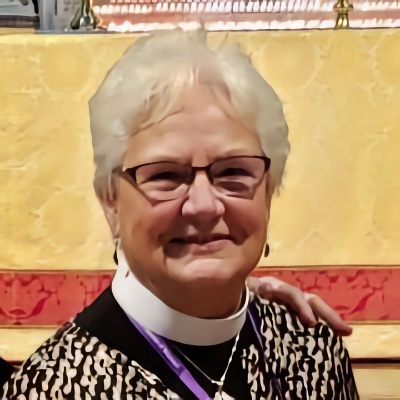 The Rev. Deacon Patricia (Pat) PeetsDeacon, Trinity Episcopal Church, St. James
The Rev. Deacon Patricia (Pat) PeetsDeacon, Trinity Episcopal Church, St. James -
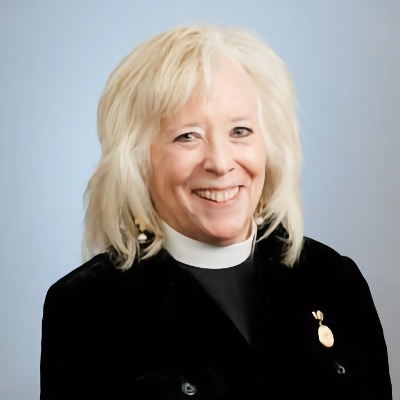 The Rev. Deacon Schelly Reid-LevyDeacon, The Episcopal Church of St. John & St. James, Sullivan
The Rev. Deacon Schelly Reid-LevyDeacon, The Episcopal Church of St. John & St. James, Sullivan -
 The Rev. Deacon Bethann RohlfingDeacon, St. John's Episcopal Church, Tower Grove
The Rev. Deacon Bethann RohlfingDeacon, St. John's Episcopal Church, Tower Grove -
 The Rev. Deacon Janet SchisserRetired Deacon
The Rev. Deacon Janet SchisserRetired Deacon -
 The Rev. Deacon Elizabeth (Beth) SimpsonDeacon, Calvary Episcopal Church, Columbia
The Rev. Deacon Elizabeth (Beth) SimpsonDeacon, Calvary Episcopal Church, Columbia -
 The Rev. Deacon Diana R. Wheeler, TSSF/cdw
The Rev. Deacon Diana R. Wheeler, TSSF/cdw
